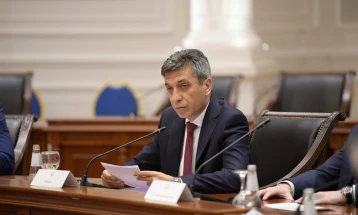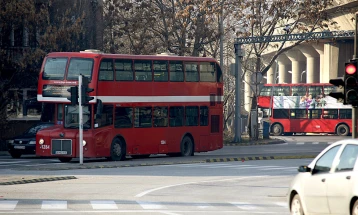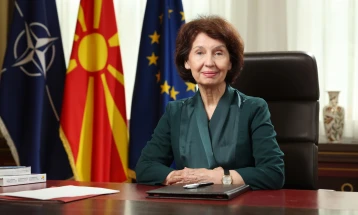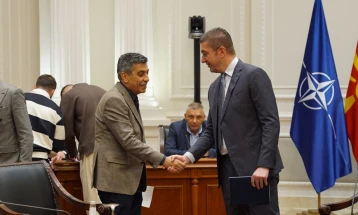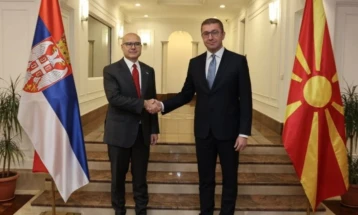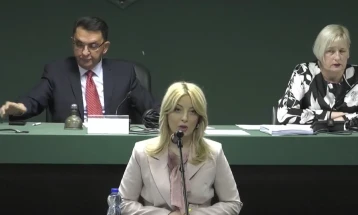Jovanovska-Stojanovska for MIA: Global changes are inevitable; it’s necessary to take care of mental health
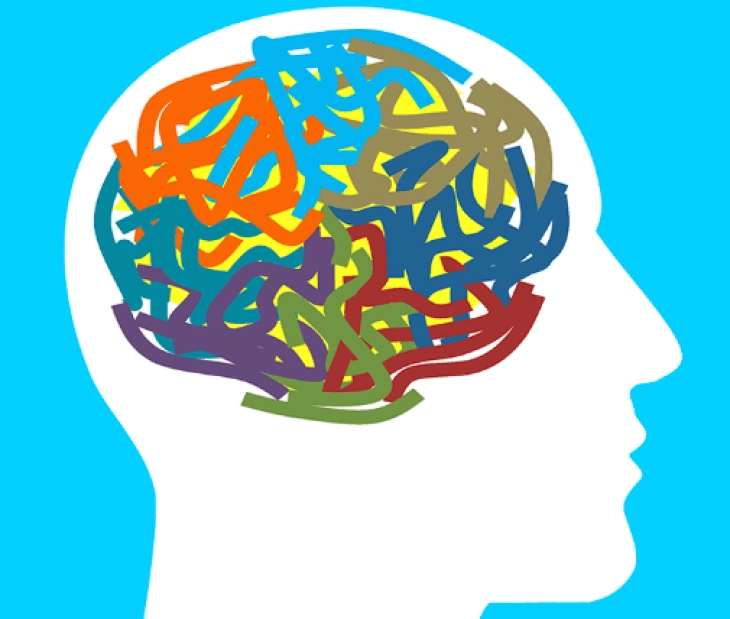
Skopje, 10 October 2022 (MIA) – The rates of anxiety and depressive disorders have grown by over 25% during the first year of the pandemic. At the same time, mental health services have seriously deteriorated and the gap in treatment for mental health conditions has increased, according to the WHO in honor of World Mental Health Day – October 10.
This year, the WHO has launched a campaign titled “Make mental health & well-being for all a global priority”, which says that we need a world that will appreciate, promote and protect mental health, in which everyone will have an equal opportunity and access to the necessary care and expert help for their mental health.
Dr. Mirjana Jovanovska-Stojanovska, psychologist and president of the Chamber of Psychologists, says for MIA that “we can’t protect ourselves from global changes, we live them and they’re our reality”.
“They affect everyone, sooner or later,” Jovanovska-Stojanovska adds.
Mental health stigma – a barrier for social inclusion
“Mental health stigma starts in schools. There is a Law on Mental Health in our country that only talks about people receiving treatment in psychiatric institutions, but it doesn’t mention mental health, nor does it stipulate any activities to preserve it,” psychologist Mirjana Jovanovska-Stojanovska says.
She says that the fact that nobody pays attention to young people during their school years, the fact that society does nothing to raise awareness about the importance of preserving mental health, that antidepressants are prescribed in large amounts and that nobody talks about mental health until a tragedy happens, and then it all just goes back to normal.
The WHO says that stigma and discrimination continue to pose a barrier for social inclusion and access to true care.
According to data, 1 in 8 people globally lived with mental disorders. At the same time, services and funds available for mental health are lacking, especially in low- and mid-income countries.
The influence of existing global changes
Growing social and economic inequalities, long-term conflicts, violence and public health emergencies affect the whole population, the WHO says.
“We must deepen the value and dedication we give to mental health as individuals, communities and governments and harmonize that value with greater commitment, engagement and investments from all affected parties in all sectors. We must strengthen care for mental health, so that the full spectrum of mental health needs is satisfied through a network of accessible, available and quality services and community-based support,” the WHO says.
Jovanovska-Stojanovska says that man was made to adapt, which is how he survives.
“This ability has its limits. If changes are constant over a long period of time, the ability to adapt decreases, leading to the person slowly developing difficulties in functionality. These prolonged, constant changes, lead to extended exposure to stress, which leads to changes in the quality of mental health,” she says.
She also adds that a person slowly loses their ability to process emotion and starts living in a prolonged state of trauma, which affects all spheres of life and how one behaves towards others.
Psychologist Mirjana Jovanovska-Stojanovska says that the people are not yet out of the crisis so that they may feel its consequences.
“People live in crisis and trauma every day. Nobody can predict what will happen when all these crises end because we don’t know how long it will all last,” she says, adding that everyone needs to care for their mental health.
“It’s your right and duty. Learn new methods and techniques to manage stress, smile, exercise, be around people, do things that make you happy. If you’re stuck feeling the same thing for 2-3 weeks, talk to a professional. There’s no health without mental health,” says Jovanovska-Stojanovska in a conversation with MIA.
Kristina Ivanovska
Translated by Dragana Knezhevikj
